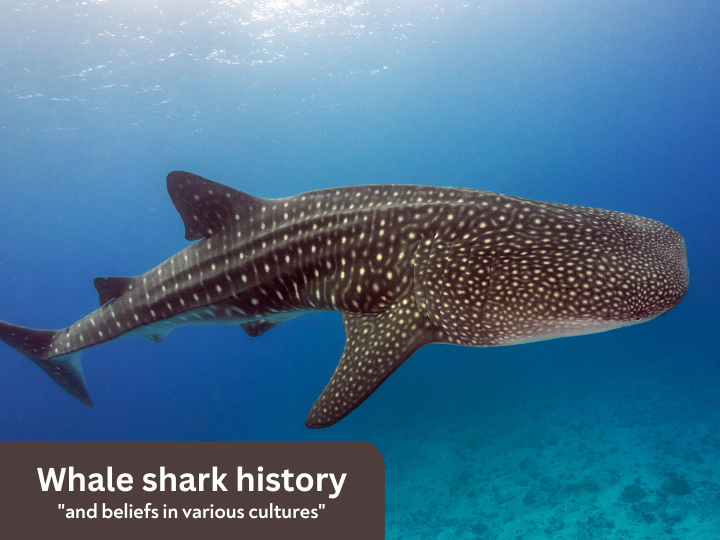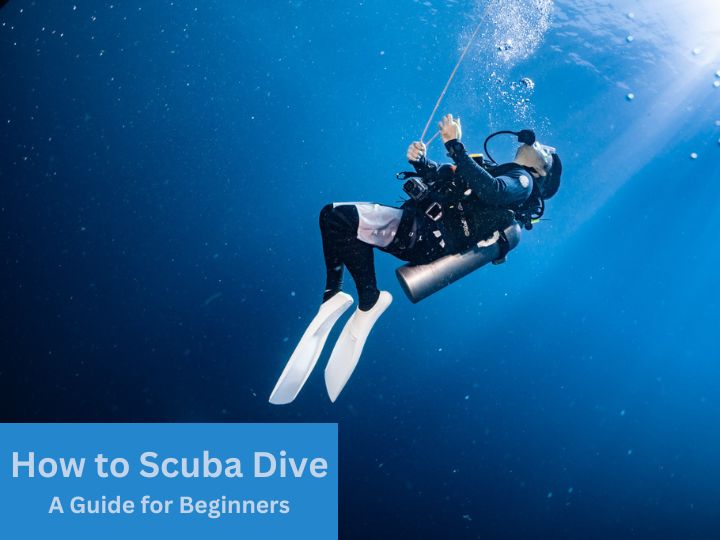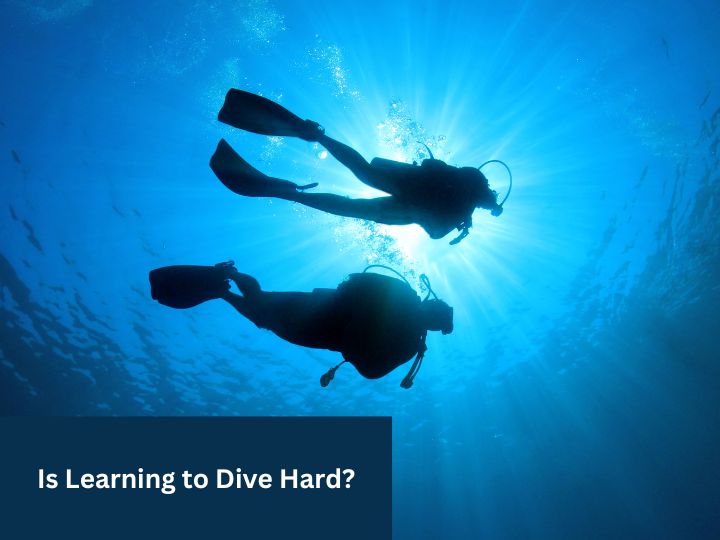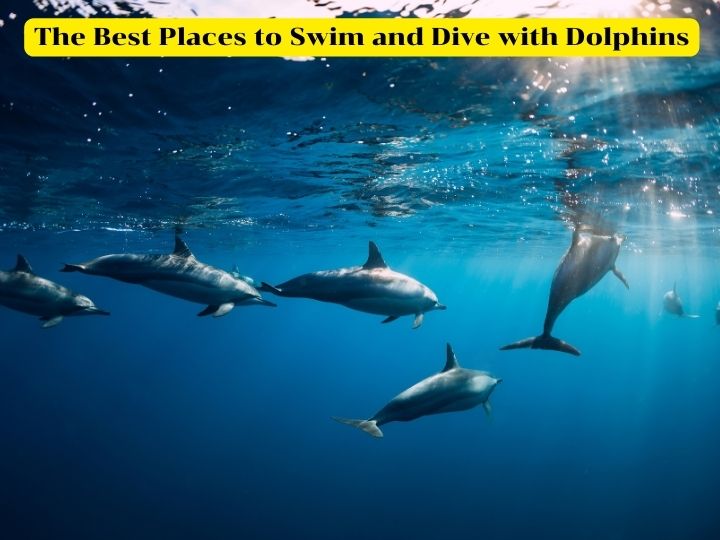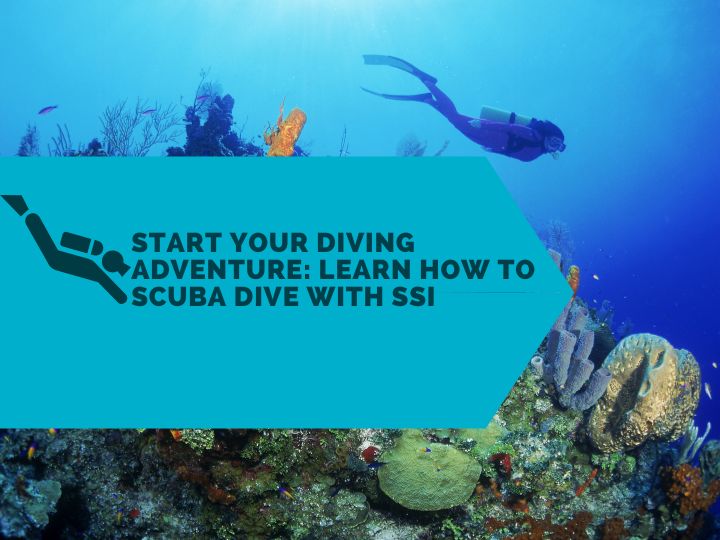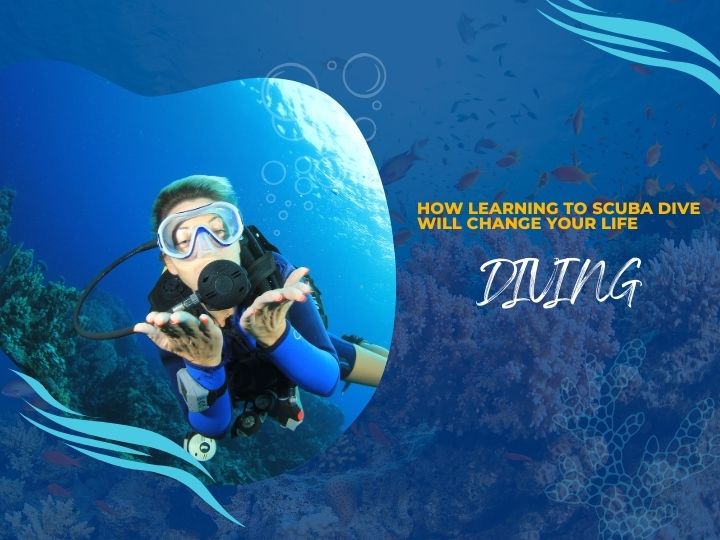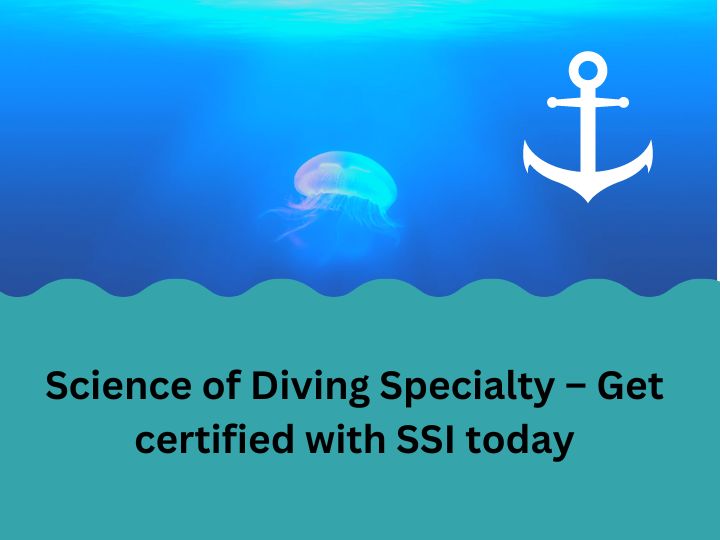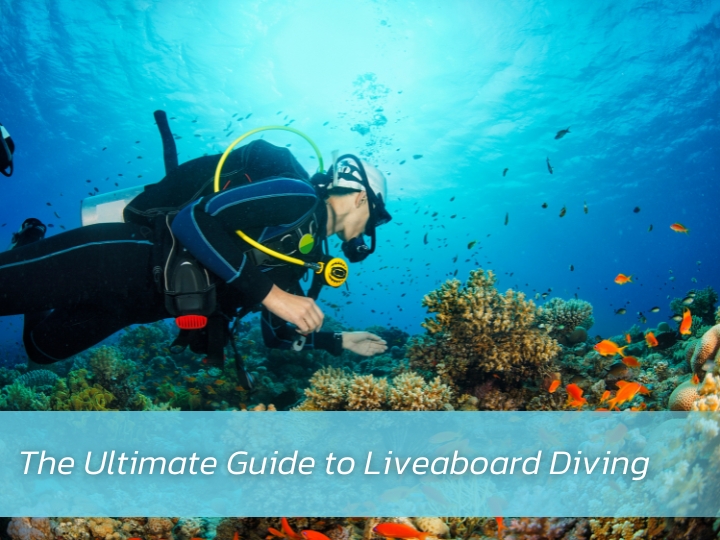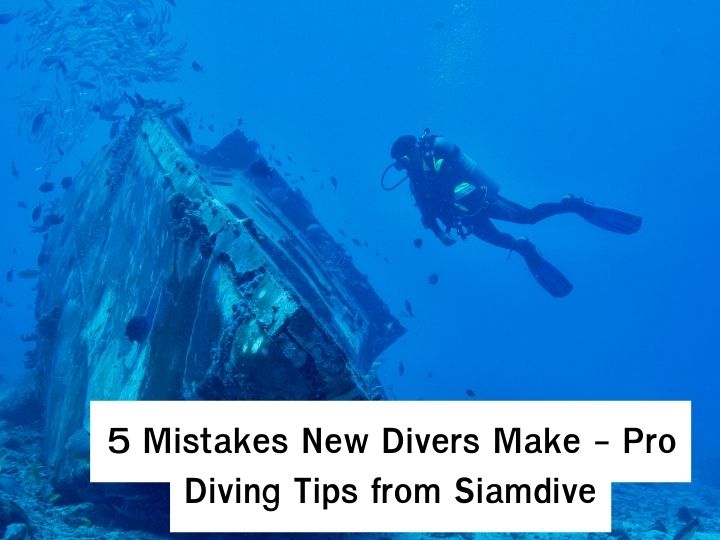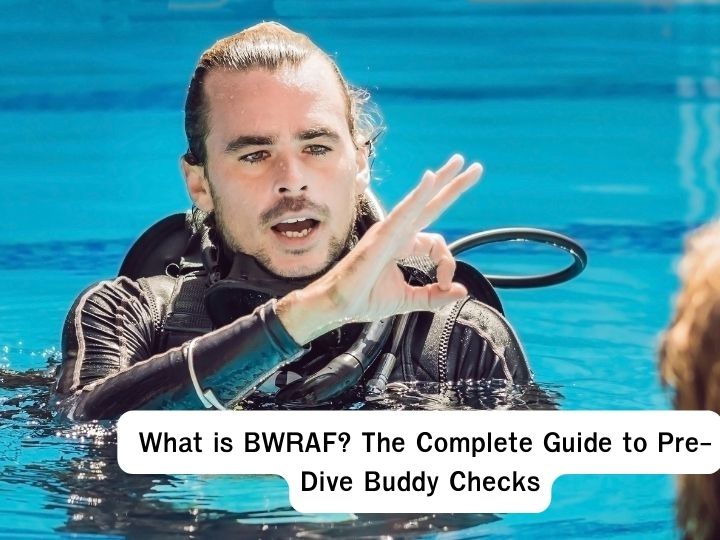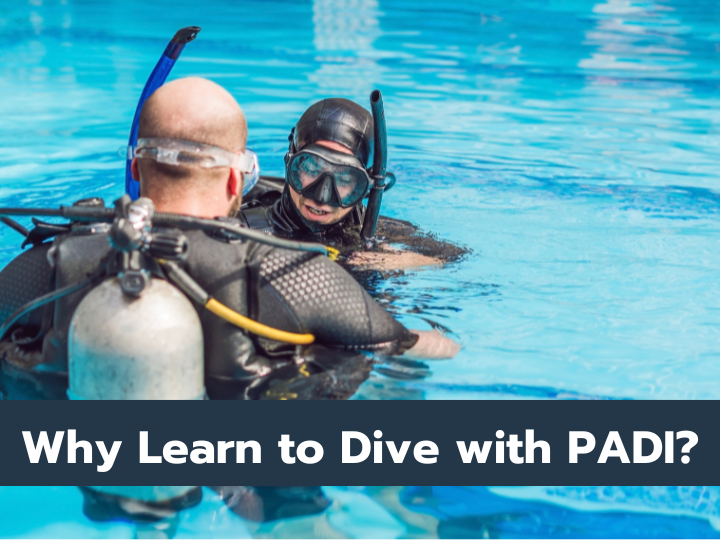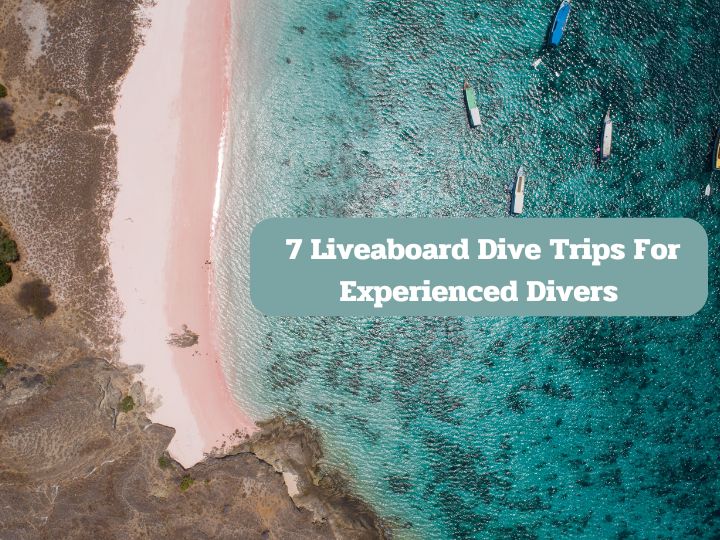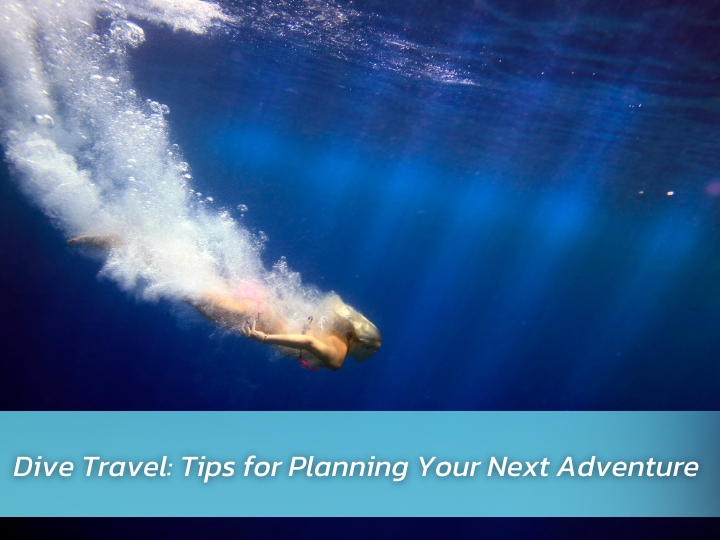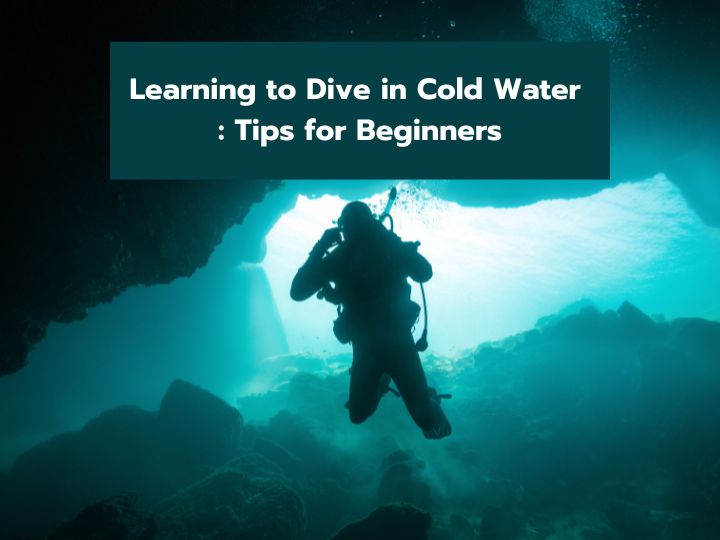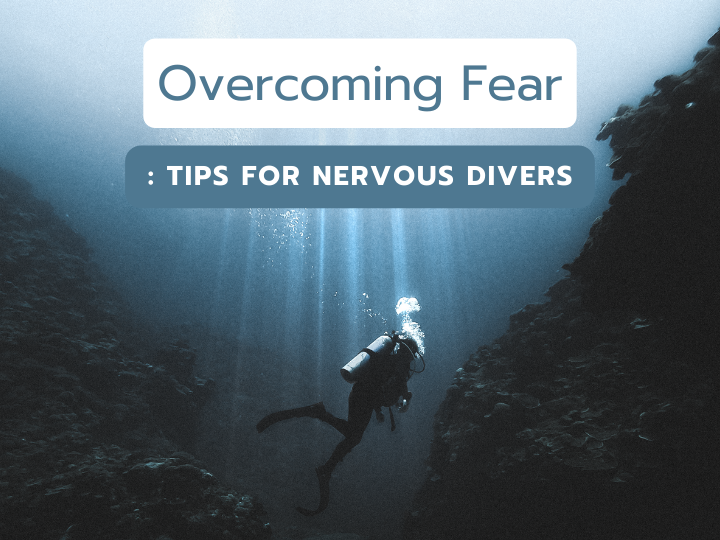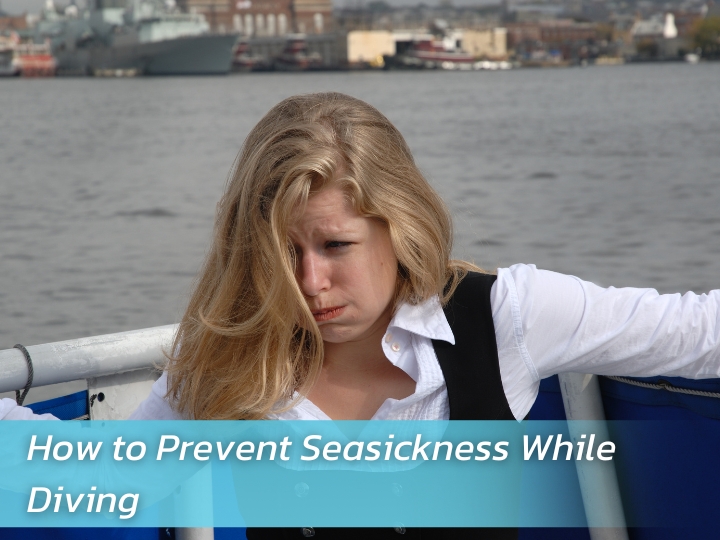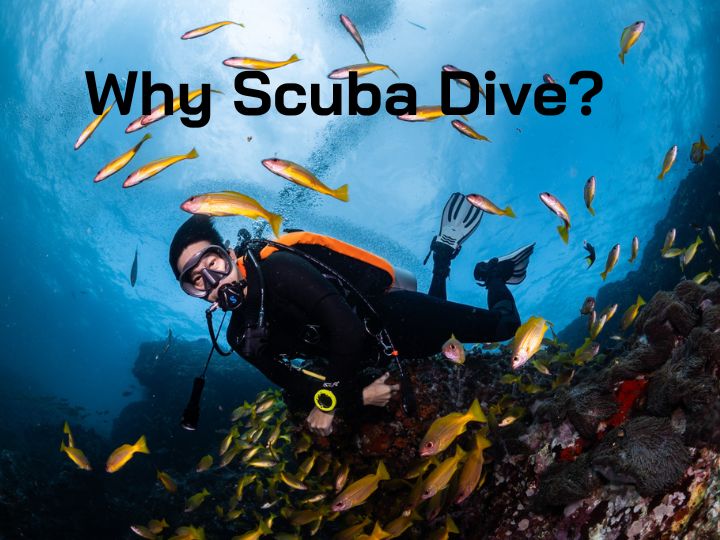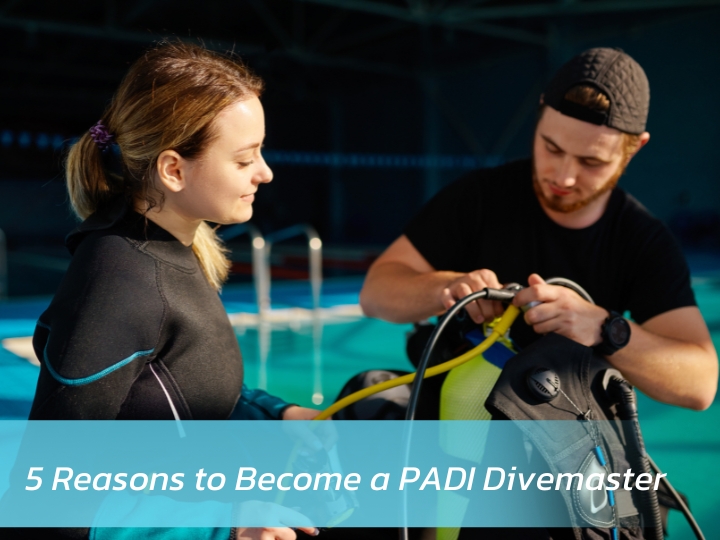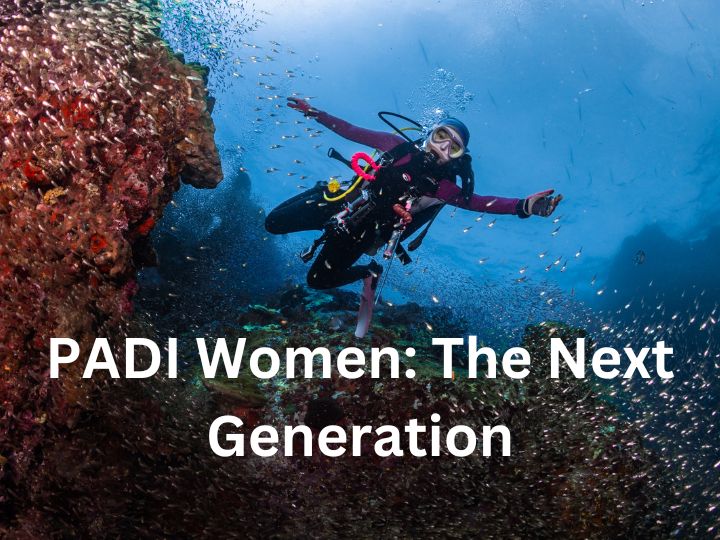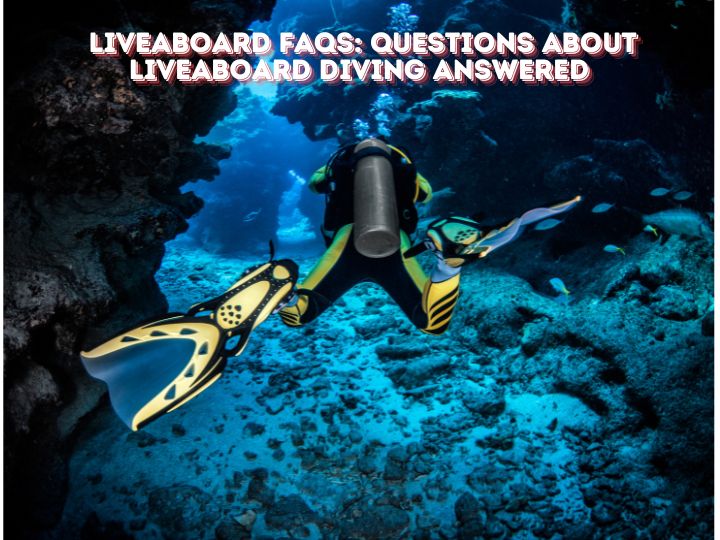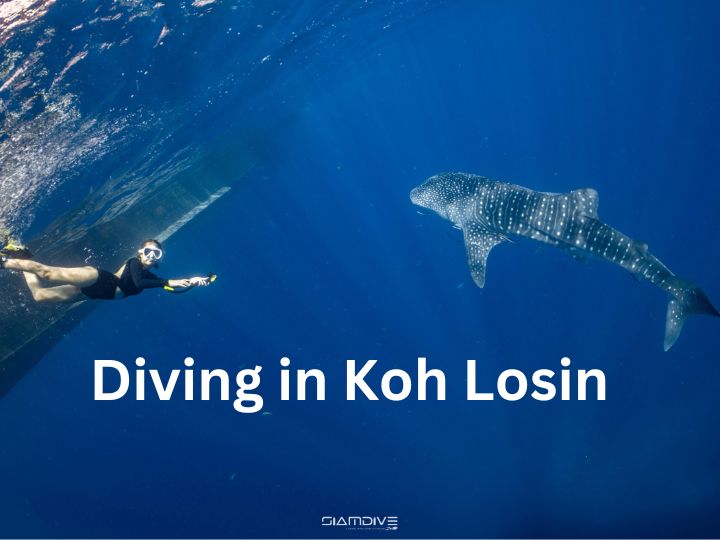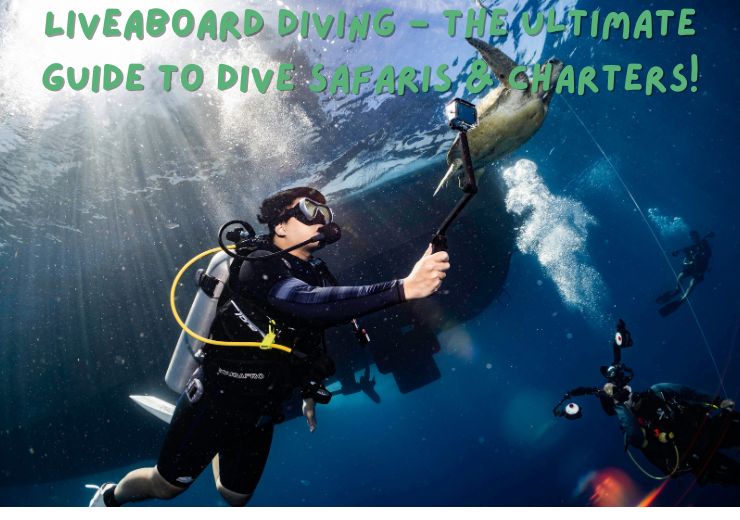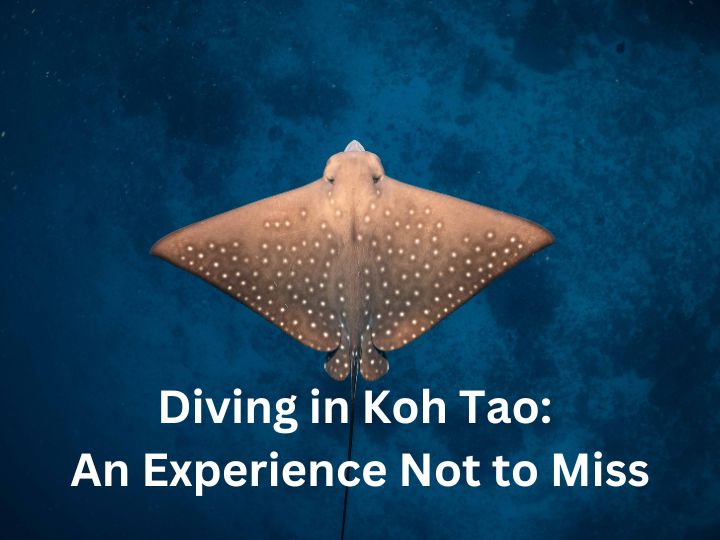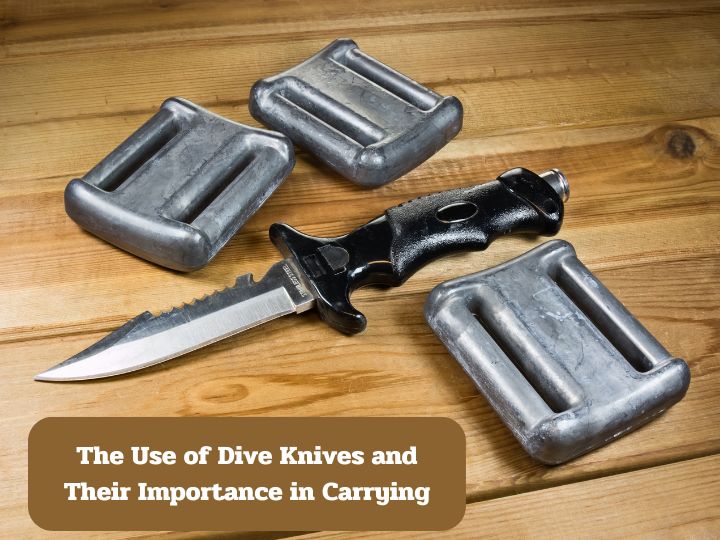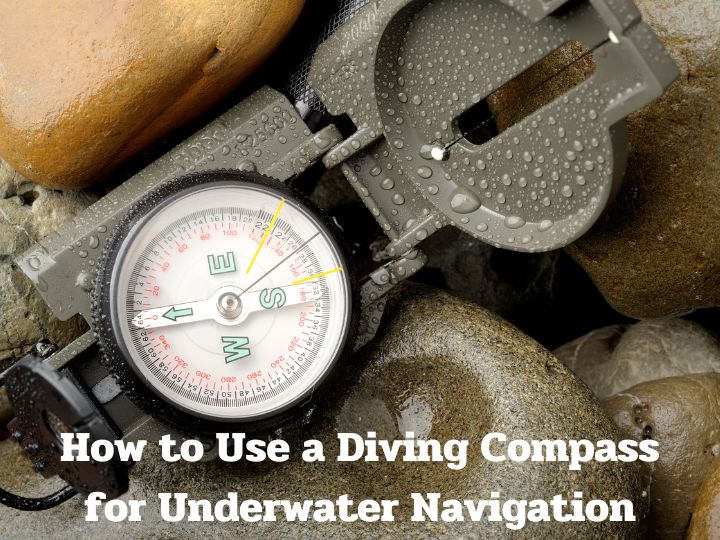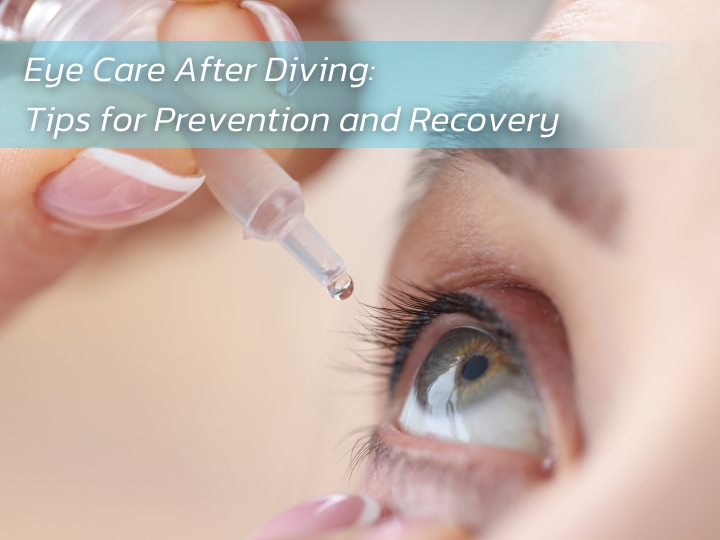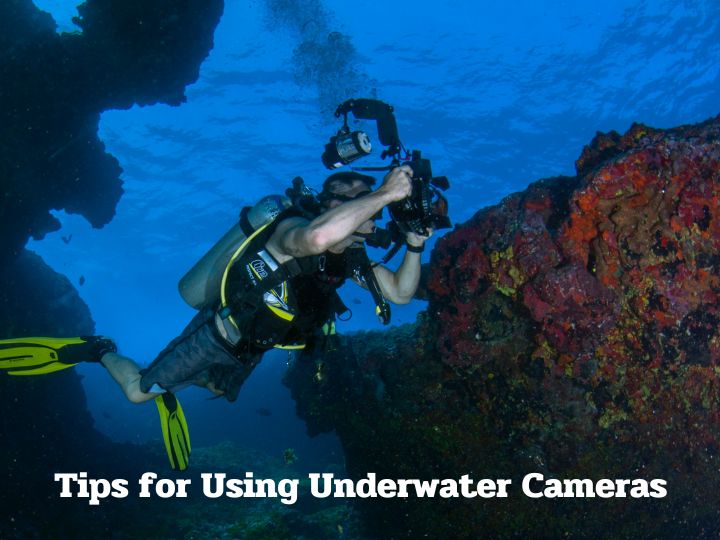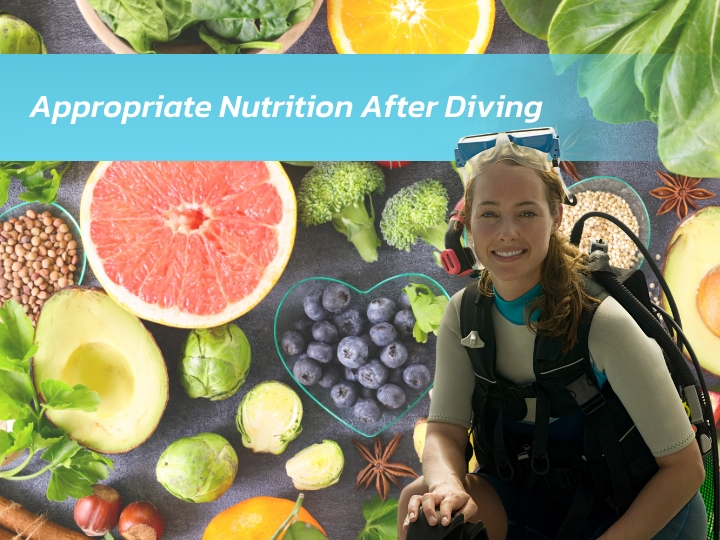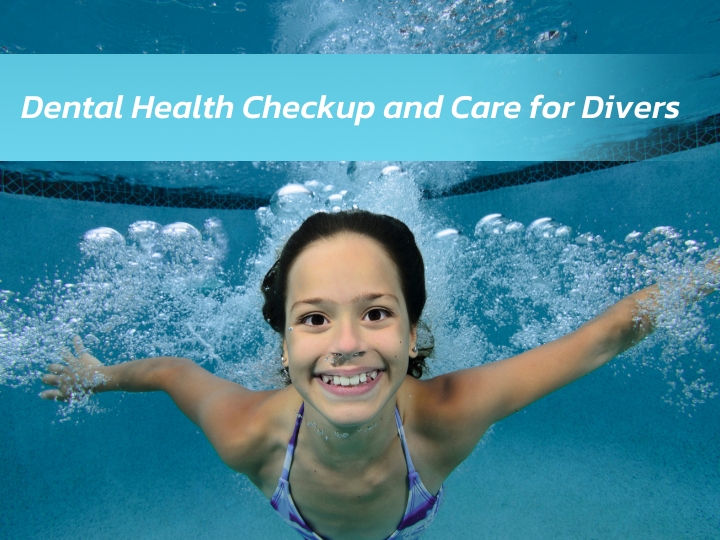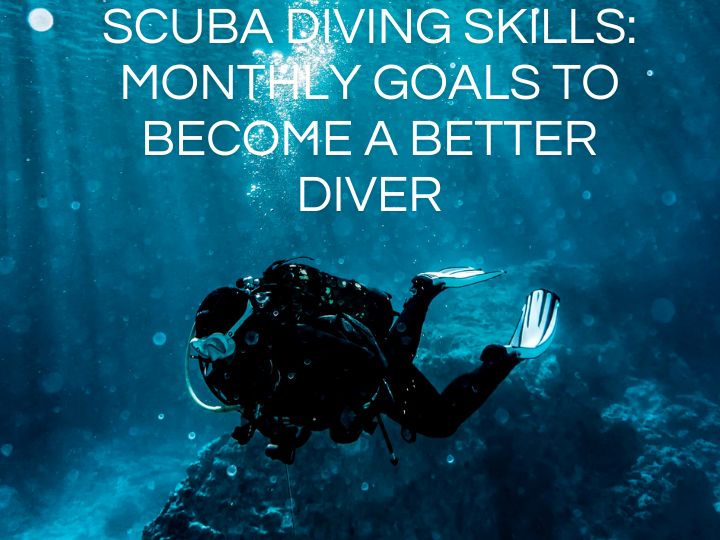
Scuba Diving Skills: Monthly Goals to Become a Better Diver
Learning scuba diving skills is crucial for enhancing safety and efficiency underwater. Setting monthly goals helps you continuously improve as a diver. Let's plan and enhance your diving skills month by month to achieve diving success.

Setting Goals in the First Month
The first month of learning to dive is the most crucial as it lays the foundation for further skill development. Goals for this month should include:
- Getting Familiar with Diving Equipment - Learn how to use and maintain diving equipment correctly, such as masks, snorkels, wetsuits, and air tanks.
- Practicing Breathing Techniques - Breathing underwater through a snorkel and regulator is a vital skill to practice for smooth breathing in water.
- Mastering Buoyancy Control - Proper buoyancy control helps you maneuver efficiently in water, a fundamental skill for safe diving.
Getting Familiar with Diving Equipment
To get familiar with diving equipment, start by wearing it in a dry area to understand how it works. Once confident, try using the equipment in a pool or shallow water.
Practicing Breathing Techniques
Breathing underwater requires practice. Begin by using a snorkel to breathe in shallow water. Once comfortable, try using a regulator to breathe underwater at deeper levels.
Mastering Buoyancy Control
Buoyancy control is essential for conserving energy and moving efficiently underwater. Practice breathing deeply and trying to float at water level to achieve proper buoyancy control.
Setting Goals in the Second Month
In the second month of learning to dive, you should be more confident and ready to develop additional skills. Goals for this month should include:
- Improving Underwater Movement - Practice moving smoothly and efficiently underwater, such as kicking, using arms, and body movements.
- Learning Underwater Communication - Communicating with diving buddies underwater is essential. Learn hand signals and proper communication methods.
- Assessing Underwater Situations - Practice assessing underwater conditions, such as checking depth, water clarity, and surrounding environment.
Improving Underwater Movement
Efficient underwater movement requires agility and confidence. Practice kicking techniques to maximize efficiency while conserving energy. Additionally, practice using arms and body movements for smooth and agile underwater navigation.
Learning Underwater Communication
Communicating with diving buddies underwater is vital. Learn hand signals used for underwater communication, such as the "OK" signal, "ascend," and "problem" signals. Effective communication ensures safety and efficiency.
Assessing Underwater Situations
Assessing underwater conditions is crucial for safe diving. Practice checking water depth using a depth gauge and evaluating water clarity and the surrounding environment. Developing this skill helps you handle various underwater situations effectively.

Setting Goals in the Third Month
In the third month of learning to dive, you should be confident and ready to develop more complex skills. Goals for this month should include:
- Practicing Deep Diving Techniques - Learn techniques and skills for deep diving, such as buoyancy control, using regulators, and adapting to underwater pressure.
- Managing Diving Equipment - Equipment management is crucial. Learn how to inspect and maintain equipment to ensure it is always ready for use.
- Teamwork Skills - Teamwork is essential in diving. Practice working with diving buddies, learning communication and mutual assistance techniques.
Practicing Deep Diving Techniques
Deep diving requires special skills and techniques. Learn effective buoyancy control using a depth gauge and breathing control. Practice using a regulator to breathe underwater at deeper levels and adapting to underwater pressure to dive safely.
Managing Diving Equipment
Managing diving equipment is crucial for safe diving. Learn how to inspect equipment before and after use, clean, and store it properly to ensure it is always ready for use.
Teamwork Skills
Teamwork is essential in diving. Practice planning dives with buddies, underwater communication, and mutual assistance in emergency situations. Effective teamwork ensures safe and efficient diving.
Setting Goals in the Fourth Month
In the fourth month of learning to dive, you should be confident and ready to develop additional skills. Goals for this month should include:
- Diving in Different Environments - Practice diving in different environments, such as saltwater, freshwater, and varying weather conditions.
- Handling Emergency Situations - Learning to handle underwater emergencies is crucial. Practice dealing with situations like air depletion, getting stuck underwater, and assisting diving buddies.
- Adapting to Depth - Practice adapting to different depths to dive safely at various levels.
Diving in Different Environments
Practicing diving in different environments is essential for skill development. Try diving in saltwater, freshwater, and varying weather conditions to learn how to adapt and use skills in different settings.
Handling Emergency Situations
Handling underwater emergencies is crucial. Practice dealing with situations like air depletion, getting stuck underwater, and assisting diving buddies. Developing this skill ensures confidence and efficiency in handling emergencies.
Adapting to Depth
Adapting to different depths in diving is essential. Practice diving at various depths to learn how to handle pressure and use skills at different levels. This practice ensures safe and effective diving.

Setting Goals in the Fifth Month
In the fifth month of learning to dive, you should be confident and ready to develop more complex skills. Goals for this month should include:
- Diving in New Locations - You should practice diving in new locations to learn how to adapt to different environments.
- Practicing Deep Diving Techniques - Deep diving techniques require practice. Work on techniques like buoyancy control and using regulators.
- Teamwork Skills - Teamwork is essential in diving. Practice working with diving buddies in planning dives and underwater communication.
Diving in New Locations
Diving in new locations is essential for developing diving skills. Practice diving in different places, such as lakes, rivers, and oceans, to learn how to adapt and use skills in various environments.
Practicing Deep Diving Techniques
Deep diving techniques require practice. Work on techniques like buoyancy control, using regulators, and adapting to underwater pressure. Practicing these techniques ensures safe and efficient deep diving.
Teamwork Skills
Teamwork is essential in diving. Practice working with diving buddies in planning dives, underwater communication, and assisting in emergency situations. Effective teamwork ensures safe and efficient diving.
Setting Goals in the Sixth Month
In the sixth month of learning to dive, you should be confident and ready to develop additional skills. Goals for this month should include:
- Diving in Challenging Environments - Practice diving in challenging environments, such as deep waters, strong currents, or changing weather conditions.
- Underwater Photography Techniques - Underwater photography requires special skills and techniques. Practice using underwater cameras and adjusting settings for beautiful photos.
- Teamwork Skills - Working with diving buddies is essential. Practice planning dives and underwater communication with diving buddies.
Diving in Challenging Environments
Practicing diving in challenging environments is essential for skill development. Try diving in deep waters, strong currents, or changing weather conditions to learn how to adapt and use skills in challenging environments.
Underwater Photography Techniques
Underwater photography requires special skills and techniques. Practice using underwater cameras and adjusting settings, such as brightness and focus, for beautiful photos. Practicing underwater photography ensures you can capture stunning underwater memories.
Teamwork Skills
Working with diving buddies is essential in diving. Practice planning dives, underwater communication, and assisting in emergency situations. Effective teamwork ensures safe and efficient diving.

Setting Goals in the Seventh Month
In the seventh month of learning to dive, you should be confident and ready to develop more complex skills. Goals for this month should include:
- Diving in Changing Environments - Practice diving in environments with changing conditions, such as different seasons.
- Underwater Navigation Techniques - Underwater navigation requires practice. Learn to use a compass and other navigation techniques.
- Diving with Marine Life - Diving with marine life requires special knowledge and skills. Learn how to dive near marine animals safely.
Diving in Changing Environments
Practicing diving in environments with changing conditions is essential for skill development. Try diving in different seasons to learn how to adapt to varying weather and water conditions.
Underwater Navigation Techniques
Underwater navigation requires practice. Learn to use a compass for navigation and various underwater navigation techniques to navigate accurately in underwater environments.
Diving with Marine Life
Diving with marine life requires special knowledge and skills. Learn how to dive near marine animals safely, observe their behavior, and maintain an appropriate distance. Practicing diving with marine life ensures safe and enjoyable diving experiences.
Setting Goals in the Eighth Month
In the eighth month of learning to dive, you should be confident and ready to develop additional skills. Goals for this month should include:
- Diving in Historical Sites - Practice diving in historical sites, such as shipwrecks or underwater archaeological sites.
- Search and Rescue Techniques - Underwater search and rescue is a crucial skill. Learn and practice search and rescue techniques.
- Underwater Photography and Videography - Underwater photography and videography require practice. Work on using cameras and techniques for capturing beautiful underwater images and videos.
Diving in Historical Sites
Diving in historical sites is fascinating and challenging. Practice diving in shipwrecks or underwater archaeological sites to learn how to explore and use skills in historical environments.
Search and Rescue Techniques
Underwater search and rescue is a crucial skill. Learn and practice techniques for searching and rescuing underwater. Developing this skill ensures confidence and efficiency in handling emergencies.
Underwater Photography and Videography
Underwater photography and videography require practice. Work on using underwater cameras and various techniques, such as adjusting brightness and focus, to capture beautiful underwater images and videos. Practicing these techniques ensures you can record stunning underwater memories.

Setting Goals in the Ninth Month
In the ninth month of learning to dive, you should be confident and ready to develop more complex skills. Goals for this month should include:
- Diving in Complex Environments - Practice diving in complex environments, such as caves or shipwrecks.
- Diving at Greater Depths - Diving at greater depths requires practice. Work on techniques for diving at increased depths.
- Diving in Unique Environments - Diving in unique environments is challenging. Practice diving in unique conditions, such as cold water.
Diving in Complex Environments
Practicing diving in complex environments is essential for skill development. Try diving in caves or shipwrecks to learn how to adapt and use skills in complex environments.
Diving at Greater Depths
Diving at greater depths requires practice. Work on techniques for diving at increased depths to learn how to handle pressure and use skills at different depths. Practicing these techniques ensures safe and efficient deep diving.
Diving in Unique Environments
Diving in unique environments is challenging and interesting. Practice diving in cold water or unique conditions to learn how to adapt and use skills in unique environments. Practicing these techniques ensures safe and efficient diving in unique conditions.
Setting Goals in the Tenth Month
In the tenth month of learning to dive, you should be confident and ready to develop additional skills. Goals for this month should include:
- Diving in More Challenging Environments - Practice diving in more challenging environments, such as strong currents or changing weather conditions.
- Diving in More Complex Environments - Diving in more complex environments requires practice. Work on techniques for diving in more complex environments.
- Diving in Different Environments - Diving in different environments is challenging. Practice diving in varying conditions, such as cold water or unique environments.
Diving in More Challenging Environments
Practicing diving in more challenging environments is essential for skill development. Try diving in strong currents or changing weather conditions to learn how to adapt and use skills in more challenging environments.
Diving in More Complex Environments
Diving in more complex environments requires practice. Work on techniques for diving in more complex environments to learn how to handle pressure and use skills in complex environments. Practicing these techniques ensures safe and efficient deep diving.
Diving in Different Environments
Diving in different environments is challenging and interesting. Practice diving in cold water or unique conditions to learn how to adapt and use skills in varying environments. Practicing these techniques ensures safe and efficient diving in unique conditions.
